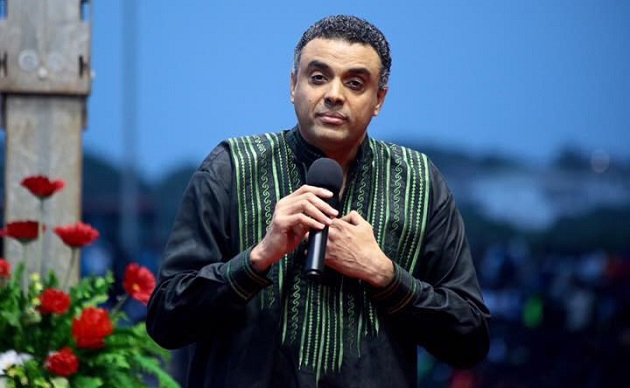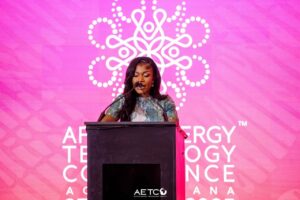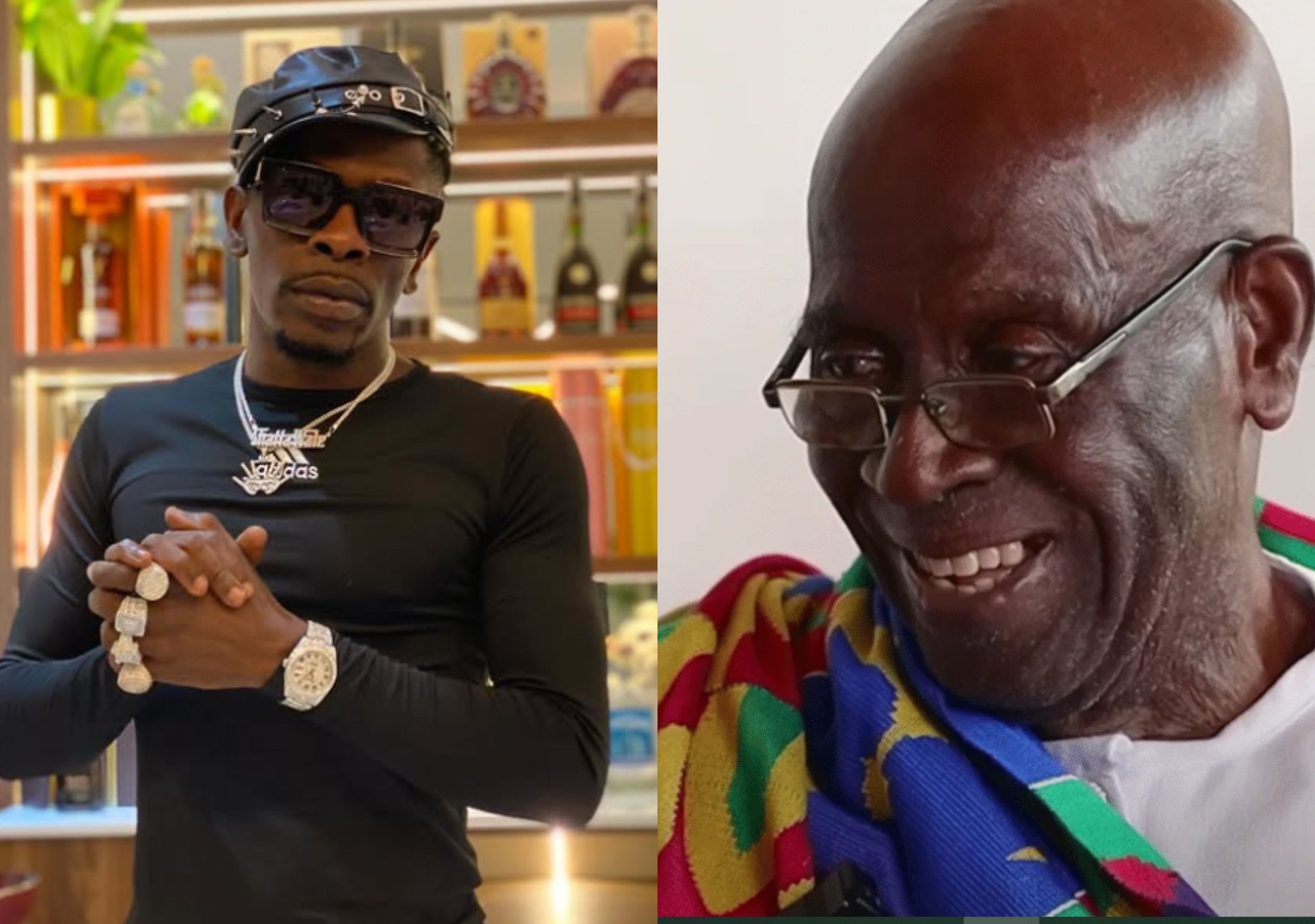
By Peter Justice GARIBA
To build a truly modern and sustainable Ghana, we must radically transform our approach to waste management and civic responsibility. It is time to decentralize waste collection and move beyond the outdated, monopolized systems that have failed to meet the needs of our communities.
The era of relying solely on centralised contractors like a few companies we’ve in Ghana must give way to an innovative, tech-driven solution—modelled after platforms like Uber and Bolt—where individuals and small enterprises can offer waste collection services based on quality, reliability, and competitive pricing. This democratisation of waste management will empower citizens, create jobs, and improve service delivery.
Moreover, our justice system must evolve from a punitive model to a restorative one. Instead of overcrowding our prisons with minor offenders, we should implement community service initiatives through partnerships with third-party organizations and local District Assemblies. This approach not only rehabilitates but also contributes meaningfully to national development.
A cleaner Ghana must also begin in the classroom. We call for the active involvement of the National Commission for Civic Education (NCCE) in designing and delivering a comprehensive national curriculum on sanitation, environmental stewardship, and waste disposal—starting from the basic education level. Instilling these values early will cultivate a generation of environmentally conscious citizens committed to cleanliness as a national ethos.
This is not just a policy—this is a movement. A strategic, well-calculated campaign to make Ghana clean, green, and globally respected. The time for action is now.
The post A new vision for a cleaner, smarter nation appeared first on The Business & Financial Times.
Read Full Story










Facebook
Twitter
Pinterest
Instagram
Google+
YouTube
LinkedIn
RSS